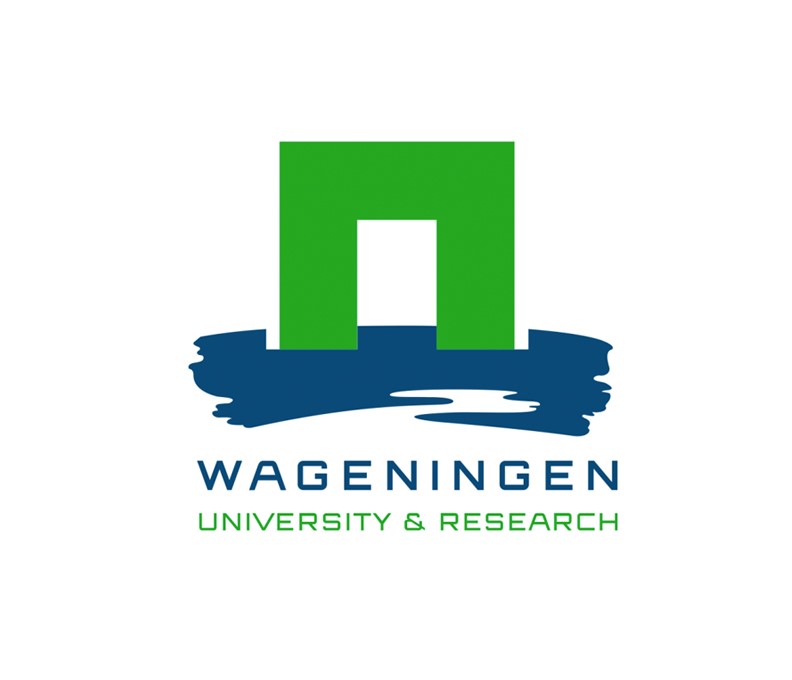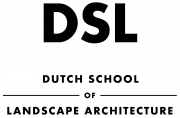
Bachelor of Landscape Architecture and Spatial Planning
Why this study?
You will go out during the course and gain inspiration during excursions for your research and designs.
You will receive targeted training in the world of Landscape Architecture and Spatial Planning with scientific knowledge and analyses.
With this course at WUR you will naturally be concerned with sustainability, the effects of climate change and sustainable food production. So future-proof!
What do you study in Landscape Architecture and Spatial Planning?
Maybe you will develop the landscape of the future with your creative brain. For example, think of a new, healthy living environment for residents of a residential area. Create a new landscape design for sustainable food production. Think about a new environment around rivers that is resistant to climate change. Or focus on converting an old military training area into a wooded area where people and animals can live together.
During your studies you will learn everything about taking into account the wishes of residents, users or other stakeholders (social science side) and nature and animals (the natural science side). On this basis, you form a sustainable connection between ecology, soil, hydrology, cultural history, geography, economy, policy and various stakeholders. Then support your own design with a powerful piece of scientific analysis.
More information about the bachelor’s degree.
Master Landscape Architecture and Planning
The master Landscape Architecture and Planning is a two-year MSc program in Wageningen. You can specialize in landscape architecture and spatial planning. You learn to understand complex environmental challenges. This allows you to shape the landscape in which we live in a sustainable way. You see the landscape as a complex social-ecological system that requires an integrated approach. That is why you combine aspects of both spatial planning and landscape architecture in your studies.
Why this training?
Research and design sustainable solutions for important landscape challenges such as climate change, energy needs, health, food security and urbanization.
This program brings together students, teachers and external lecturers with a wide range of expertise.
